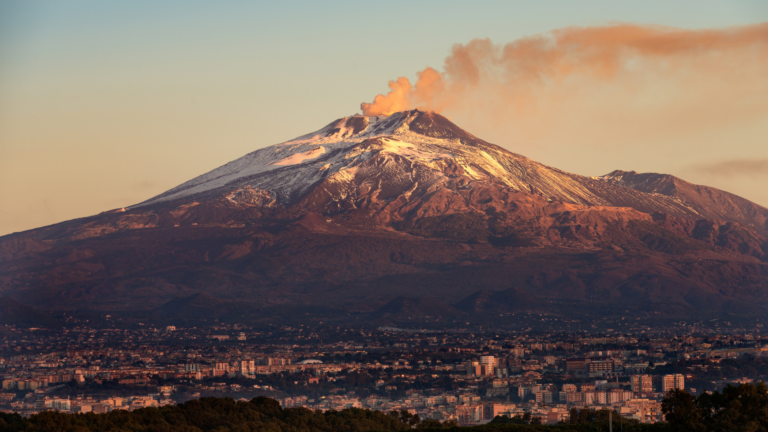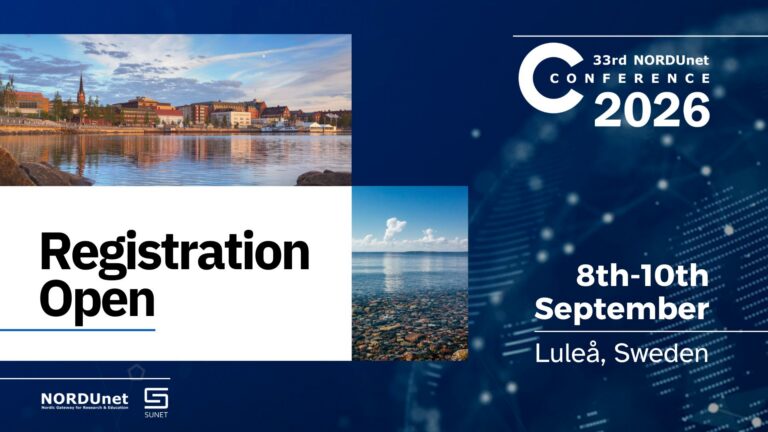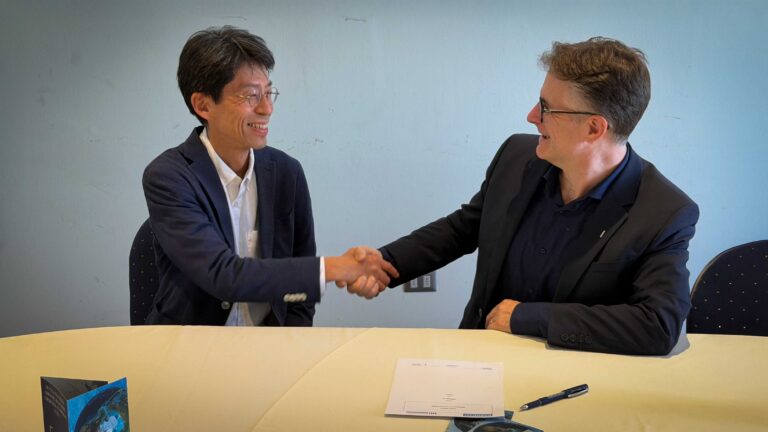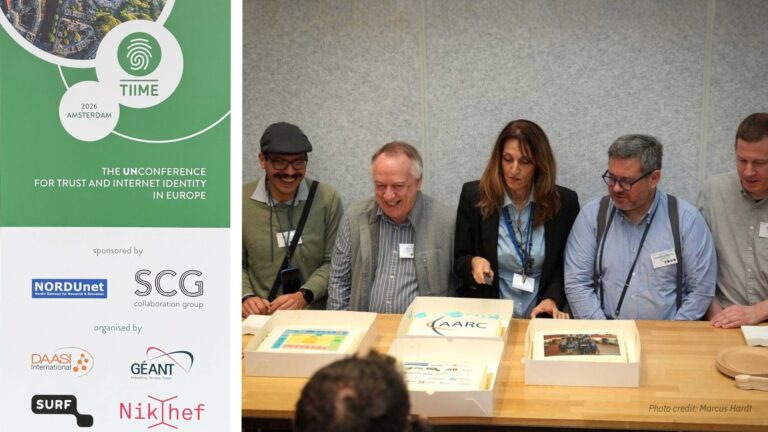During 8-11 April, experts in global research networking and large research instruments will gather in the shadow of the Etna volcano. All events hosted by the National Institute of Nuclear Physics in Catania, Italy.
Three international meetings will take place in Catania, covering different aspects of global networking for science and support for large research infrastructures and centred on different research and networking communities. Co-locating the three meetings in one place in one week allow practitioners from the communities to meet, share experience and contribute to the evolution of each of the areas.
The GÉANT special interest group on next generation networking (SIG-NGN) will host a meeting centred on the global community research and education network experts, focused on the evolution of individual NRENs and well as the global network they together create. The meeting will be in two half days, the first about architecture and technology for global networking, while the second will highlight technology evolution that allow sharing of infrastructure.
NORDUnet’s Rasmus Lund will speak on the expensive experience with optical fibre spectrum sharing at NORDUnet, while Lars Fischer will moderate a panel discussion on infrastructure sharing.
Following SIG-NGN, a half-day meeting focused on networkling for the Square Kilometer Array (SKA), a global instrument for astronomy. The meeting will bring together researchers, instrument engineers, architects of SRCnet, the network that will serve the intercontinental network needs of SKA, and experts from the NRENs that support the effort. In the meeting, NORDUnet’s Lars Fischer will give an update on the evolution of the GREN, the global research and education network collaboration.
Finally, there will be an LHC networking meeting, bringing together network experts, data storage and processing experts, and researcher instrument experts to share updates on research instrument design, data requirements, evolution of computing models, and new network deployments, all in support of the global data needs of the CERN Large Hadron Collider. The meeting is part of a series of regular, bi-annual meetings that ensure the proper coordination, evolution, and operation of the global network infrastructure to meet the evolving research objectives.
Remote participation is possible for all three meeting by following the links above.




